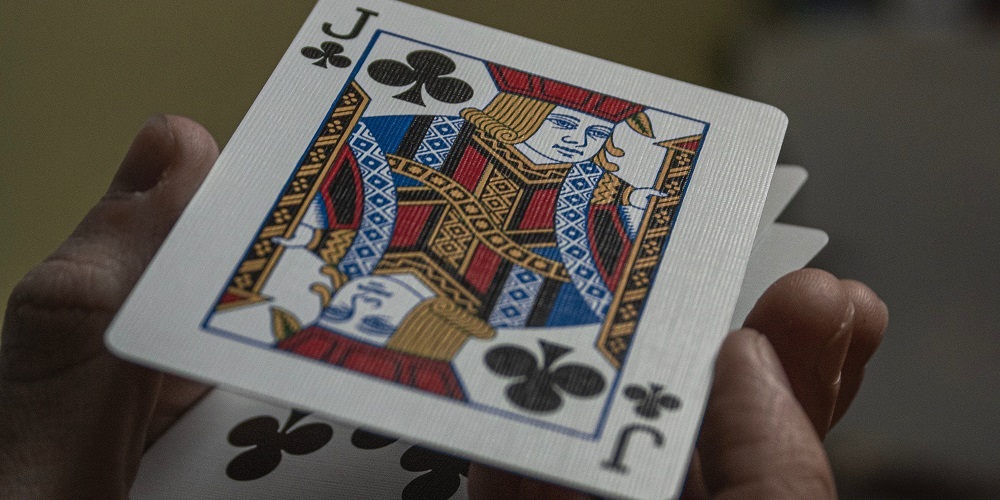The poker grinder is a concept associated with a specific type of player. The expression “grindear” in poker, or “grindar” was born from them (poker allows these licenses with the terms from English that are adapted to our language without translating them).
Among the numerous profiles that exist in the world of poker, the grinder is one of the most coveted. Not because of his spectacular plays (rather, quite the opposite), but because of his perseverance. And it is that we are talking about a type of player who flees from big bets, and who is always looking for plays that report benefits on a recurring basis, even if they are in low amounts.
Grinder in online poker: what does it mean

Grind in poker is a word that is used in other games as well. It is based on the concept of collecting something that we are looking for, but that we can obtain safely with specific actions without putting ourselves at risk.
To grind in poker, you have previously had to follow a path to occupy the position you hold at that time. Because the grind in poker makes sense for some players once they have reached a big enough bankroll, and the only thing they want is to continue making profits, but with safe plays that bring them small prizes.
Therefore, we are talking about players who know what it is to bet big, but who flee from high-stakes. An important nuance, because many mistakenly associate the figure of a poker grinder with his inability to dare to play hard, and nothing could be further from the truth.
A grinder in poker is not recognizable from the start. We are talking about a player who adopts a very subtle style. Until we have it listed as a grinder, we’ll be waiting for a gear change and a big bet at the appropriate time. For this reason, grinders usually tend to rule the betting rhythm until they are recognized as grind fans.
Be careful not to mistakenly classify a tight player as a grinder. If a player is just slowplaying, or if he’s betting very little at a time to re-raise or 3-bet, he won’t be a grinder. We run the risk of being surprised for not having been patient to read his game well, and that can catch us off guard and be sold.
Grinding: meaning in poker

But you can soon identify who tends to grind in poker. There is no secret to knowing how to identify his game, and that makes him an easy type of player to beat. The bad part? That, in search of his continuous streak of small but constant profits, the potential profits that a grinder can bring us in a poker game will not be too great either.
However, whenever there is a chance to beat them, it should not be passed up. Your winrate and, to a lesser extent, your bankroll, can benefit from your victory. With time, experience, and patience, grinders are easy to discover in poker.
What many players do when they face a grinder is imitate his strategy. Adapting your game to bring it to his level will allow you to make a more equitable reading of the game, evening the tables in terms of pace and volume of bets. It doesn’t make sense to bet big against a player that we know is a grinder, because as soon as he folds the streak will end.
Therefore, betting little by little is the best way to encourage him to stay in the hand a little longer, enlarging the pot and making him lose a little more money than he expected.
But this is not foolproof: it depends on the player, the tactic he adopts and how far he wants to stay in the game. Someone who tends to grind in poker will get out of the hand as soon as he realizes that the game is increasing the risk he wants to take, refusing to play and folding.
Why make a lot of small bets instead of a few big bets

What a poker grinder looks for is, above all, security. And that leads him to flee from big bets, where a small miscalculation can translate into significant money losses.
That pushes these players to grind, but be careful: it doesn’t mean that with small bets a poker grinder can’t beat you. In fact, you can do it at the moment you assume that with small bets you can take more risks than you really should.
Continuity is the key to everything, also for these players. They want to stay in the game, but play it safe. For this reason, it is so important for them to make small, low-risk bets, increasing their bankroll little by little, continuously, but without boasting or large exposures on the table. Any positive balance, no matter how small, is a success for them.

